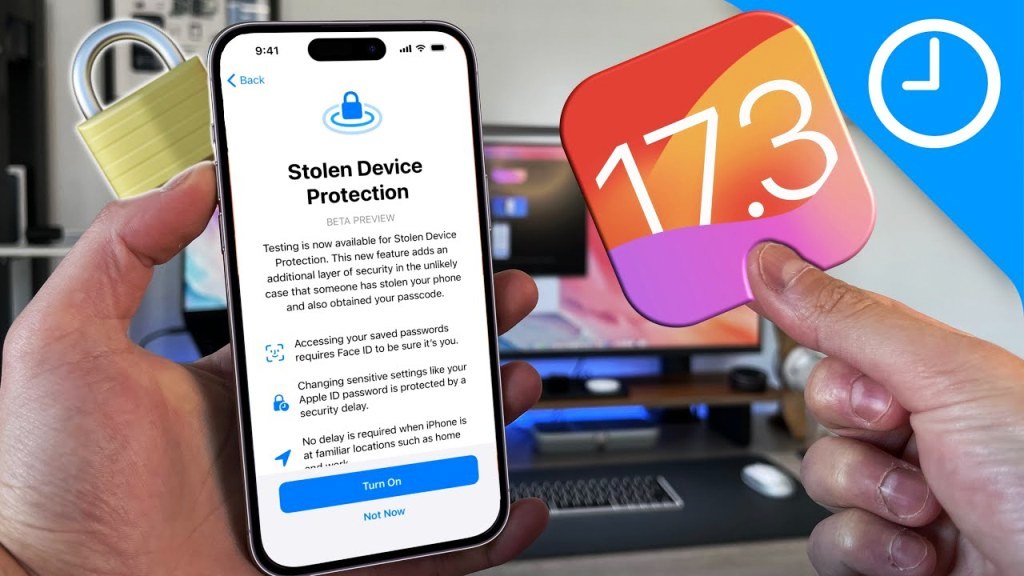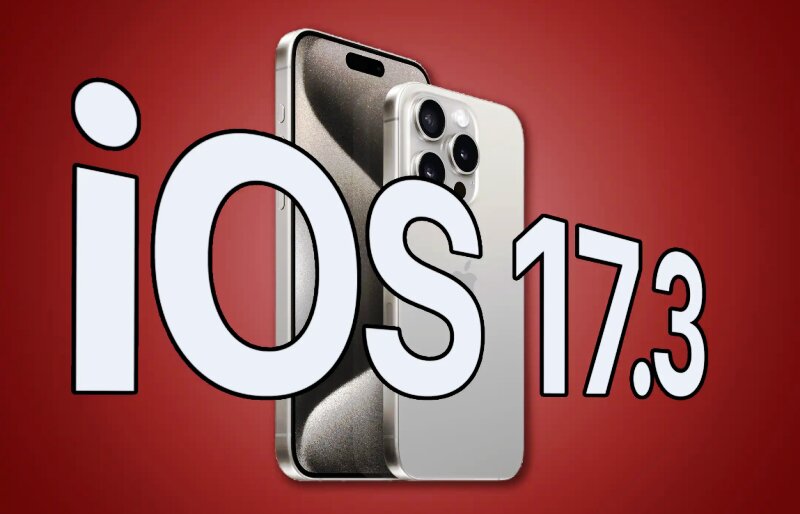Apple has released a new version of its iPhone operating system, iOS 17.3, which includes several new features and improvements. One of the most notable additions is Stolen Device Protection, a feature that aims to protect your iPhone and your data from thieves who might try to access your iCloud, bank, email, and other accounts.
Stolen Device Protection requires you to use your fingerprint or face to unlock your iPhone for specific tasks, such as seeing your saved passwords or applying for an Apple Card. This way, even if someone knows your passcode, they won’t be able to do these things without your biometric authentication.
The feature also adds a security delay for more sensitive actions, such as changing your Apple ID password or iPhone passcode. If you want to do these things, you must use your fingerprint or face, wait for an hour, and then use your fingerprint or face again. This makes sure that it’s you who wants to make these changes. The security delay only applies when you are not in a familiar location, such as your home or work.
To enable Stolen Device Protection, go to the Settings app and tap Face ID & Passcode. Then, enter your passcode and turn on the feature. You can find more information about Stolen Device Protection on Apple’s website.
Another new feature in iOS 17.3 is collaborative playlists in Apple Music. This feature allows you to create and share playlists with your friends and let them add songs and react with emojis. This is a fun way to discover and enjoy new music with others.
iOS 17.3 also lets you stream content to TVs in some hotels, starting with brands from IHG Hotels & Resorts. You can connect your iPhone to the TV by scanning a QR code and then watch your favorite shows and movies on the big screen.
Besides iOS 17.3, Apple has also released updates for iOS 9, 15, and 16 devices that may have some security fixes.


Leave a Reply